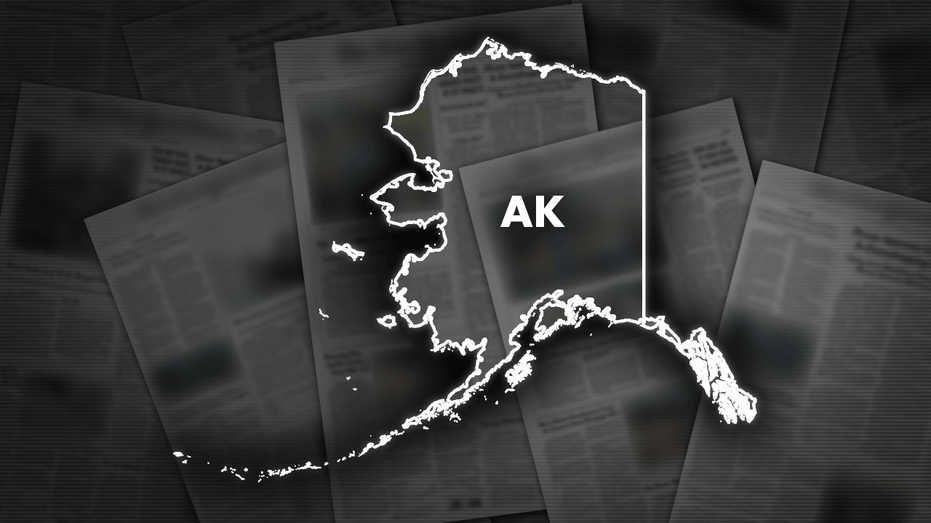Harris to address historically Black sorority as her campaign hopes to win women of color
WASHINGTON (AP) — Voters in Indiana haven’t backed a Democratic presidential candidate in nearly 16 years. But when Vice President Kamala Harris heads to the solidly Republican state on Wednesday, she’ll speak to a constituency she hopes will turn out for her in massive numbers in November: women of color. Just three days after launching her bid for the White House following President Joe Biden’s departure from the race, Harris will address the annual gathering of the historically Black sorority Zeta Phi Beta in Indianapolis.It’s a moment for Harris, a woman of Black and South Asian descent, to speak to a group already excited by her historic status as the likely Democratic nominee and one that her campaign hopes can expand its coalition. In a memo released on Wednesday, campaign chair Jen O’Malley Dillon pointed to support among women, nonwhite and younger voters as critical to success. “Where Vice President Harris goes, grassroots enthusiasm follows,” O’Malley Dillon wrote. “This campaign will be close, it will be hard fought, but Vice President Harris is in a position of strength — and she’s going to win.” Still, Democrats face challenges as the country is nursing frustrations over higher prices following a spike in inflation, while former President Donald Trump, the Republican nominee, survived a recent assassination attempt that further energized his already loyal base. But the memo was more optimistic than the narrow path the campaign saw after the 81-year old Biden delivered a disastrous debate performance in June. While the campaign will keep emphasizing the “Blue Wall” states of Michigan, Wisconsin and Pennsylvania in order to get the needed 270 electoral votes, Harris hopes to be competitive in North Carolina, Georgia, Arizona and Nevada.Trump has generally run stronger with white voters who do not hold a college degree. AP VoteCast found that group composed 43% of all voters in 2020 and Trump won them by a margin of 62% to 37%, even though overall he lost the election. For Democrats, Black women would likely make a fundamental difference in November and Harris has already shown signs of galvanizing their support. In the 2020 election, AP VoteCast found that Black women were just 7% of the electorate. But 93% of them voted for Biden, helping to give him narrow victories in states such as Michigan, Pennsylvania and Georgia.After Harris announced her candidacy, roughly 90,000 women Black women logged onto a video call Sunday night for her campaign — a sudden show of support for an alumni of Howard University and sister in the Alpha Kappa Alpha sorority who has made Beyonce’s song “Freedom” her walk-on music at events.Harris will follow her Indiana trip by going to Houston, Texas to speak at the national convention of the American Federation of Teachers, which endorsed Harris’ candidacy on Monday.
WASHINGTON (AP) — Voters in Indiana haven’t backed a Democratic presidential candidate in nearly 16 years. But when Vice President Kamala Harris heads to the solidly Republican state on Wednesday, she’ll speak to a constituency she hopes will turn out for her in massive numbers in November: women of color.
Just three days after launching her bid for the White House following President Joe Biden’s departure from the race, Harris will address the annual gathering of the historically Black sorority Zeta Phi Beta in Indianapolis.
It’s a moment for Harris, a woman of Black and South Asian descent, to speak to a group already excited by her historic status as the likely Democratic nominee and one that her campaign hopes can expand its coalition. In a memo released on Wednesday, campaign chair Jen O’Malley Dillon pointed to support among women, nonwhite and younger voters as critical to success.
“Where Vice President Harris goes, grassroots enthusiasm follows,” O’Malley Dillon wrote. “This campaign will be close, it will be hard fought, but Vice President Harris is in a position of strength — and she’s going to win.”
Still, Democrats face challenges as the country is nursing frustrations over higher prices following a spike in inflation, while former President Donald Trump, the Republican nominee, survived a recent assassination attempt that further energized his already loyal base. But the memo was more optimistic than the narrow path the campaign saw after the 81-year old Biden delivered a disastrous debate performance in June.
While the campaign will keep emphasizing the “Blue Wall” states of Michigan, Wisconsin and Pennsylvania in order to get the needed 270 electoral votes, Harris hopes to be competitive in North Carolina, Georgia, Arizona and Nevada.
Trump has generally run stronger with white voters who do not hold a college degree. AP VoteCast found that group composed 43% of all voters in 2020 and Trump won them by a margin of 62% to 37%, even though overall he lost the election.
For Democrats, Black women would likely make a fundamental difference in November and Harris has already shown signs of galvanizing their support.
In the 2020 election, AP VoteCast found that Black women were just 7% of the electorate. But 93% of them voted for Biden, helping to give him narrow victories in states such as Michigan, Pennsylvania and Georgia.
After Harris announced her candidacy, roughly 90,000 women Black women logged onto a video call Sunday night for her campaign — a sudden show of support for an alumni of Howard University and sister in the Alpha Kappa Alpha sorority who has made Beyonce’s song “Freedom” her walk-on music at events.
Harris will follow her Indiana trip by going to Houston, Texas to speak at the national convention of the American Federation of Teachers, which endorsed Harris’ candidacy on Monday.

